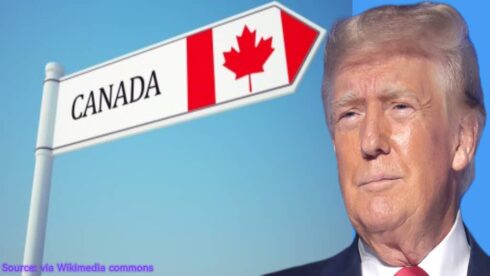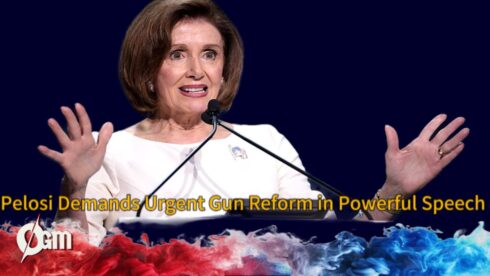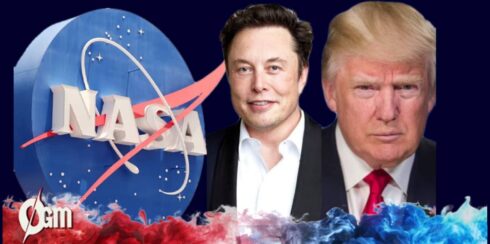Canadian Prime Minister Justin Trudeau has firmly rejected the notion of Canada’s becoming the 51st state of the United States. In a recent interview on MSNBC’s Inside with former White House press secretary Jen Psaki, Trudeau addressed the repeated comments made by President-Elect Donald Trump regarding the possibility of annexing Canada. With a tone of certainty, Trudeau said, “It’s not going to happen,” emphasizing the country’s commitment to its independence and sovereignty.
Trudeau’s comments came in response to Trump’s ongoing rhetoric about the benefits of merging the two nations. The U.S. President-Elect had suggested that removing the “artificially drawn line” between the U.S. and Canada could enhance national security and create a more unified continent. However, Trudeau quickly dismissed these ideas, asserting that Canada’s national identity and independence are non-negotiable, despite Trump’s provocative remarks.
Trump’s Controversial Comments on Canada’s Potential Annexation
Donald Trump has recently escalated his rhetoric, making provocative claims about the potential for Canada to become part of the United States. At a press conference held at his Mar-a-Lago estate in Florida, Trump stated, “You get rid of that artificially drawn line, and you take a look at what that looks like, and it would also be much better for national security.” His comments have raised eyebrows, not only for their audacity but also for the underlying implication of dissolving a border that has defined the two nations for centuries.
In a display of defiance, Trump even referred to Prime Minister Trudeau as “Governor Trudeau,” a title typically used for the heads of U.S. states. This comment was meant as a jab at the Canadian leader, but Trudeau, who has maintained a focus on more substantive issues, shrugged off the nickname, stating that he does not pay much attention to such rhetoric. “If I was that thin-skinned, I probably wouldn’t last that long in politics,” Trudeau remarked, reinforcing his stance on staying above personal jabs and focusing on his country’s priorities.
Canadian National Identity: Trudeau’s Strong Rebuttal
A major reason behind Canada’s resistance to the idea of becoming part of the U.S. is the clear and unwavering national identity held by Canadians. In his discussion, Trudeau highlighted that when Canadians are asked to define themselves, a common response is, “we’re not Americans.” This sense of unique identity is fundamental to Canadian pride, and Trudeau pointed out that the idea of merging with the U.S. is not a topic of serious consideration among Canadians.
Earlier this week, Trudeau was even more blunt, stating that the idea of Canada’s becoming a part of the United States had “not a snowball’s chance in hell” of happening. He reiterated that such talks were not reflective of the reality of Canadian values and priorities. Canada, he stressed, is an independent nation, and the notion of annexation contradicts the values that Canadians hold dear, including their strong sense of community and self-determination.
Economic Tensions and Tariff Disputes Between the U.S. and Canada
While the debate over the potential political union of the U.S. and Canada may grab headlines, Trudeau’s primary concerns lie in the economic tensions between the two nations. The ongoing trade dispute, particularly the issue of tariffs on Canadian goods, remains a significant challenge. Trump’s proposal to impose a 25% tariff on Canadian imports could severely affect the Canadian economy and trigger retaliatory measures from Canada.
Trudeau warned that such tariffs could have a detrimental effect not only on Canada’s but also on American consumers. “No American wants to pay 25 percent more for electricity or oil and gas coming in from Canada,” he pointed out. As tensions rise, the potential for a trade war looms large, threatening to undermine the strong economic ties between the two countries. Amid these challenges, Alberta Premier Danielle Smith met with Trump to discuss the importance of U.S.-Canada energy partnerships, underscoring the critical role that oil and gas exports play in both economies.
Trudeau’s strong defense of Canada’s independence and his focus on addressing the real economic issues at hand signal his commitment to protecting Canadian interests, despite the growing rhetoric from the U.S. President-Elect. As Canada heads toward a national election, the political landscape will likely remain shaped by these ongoing discussions about sovereignty and trade relations.














